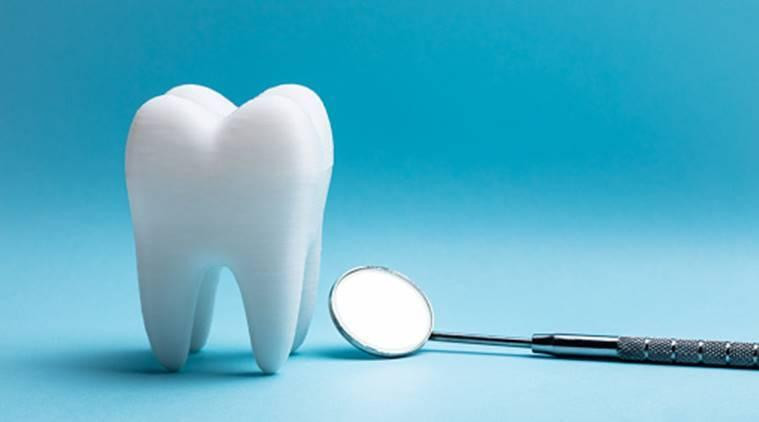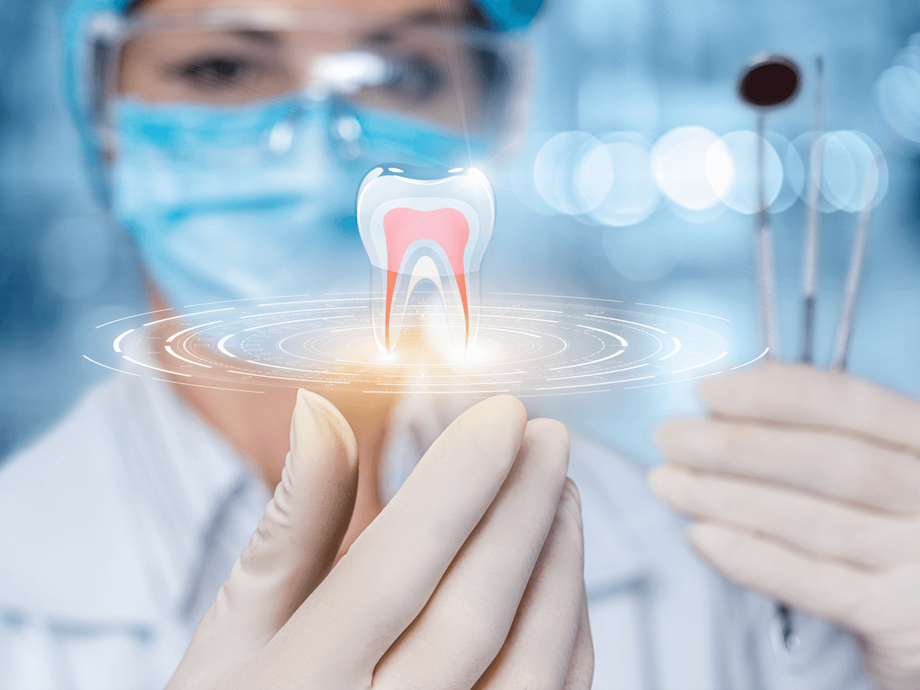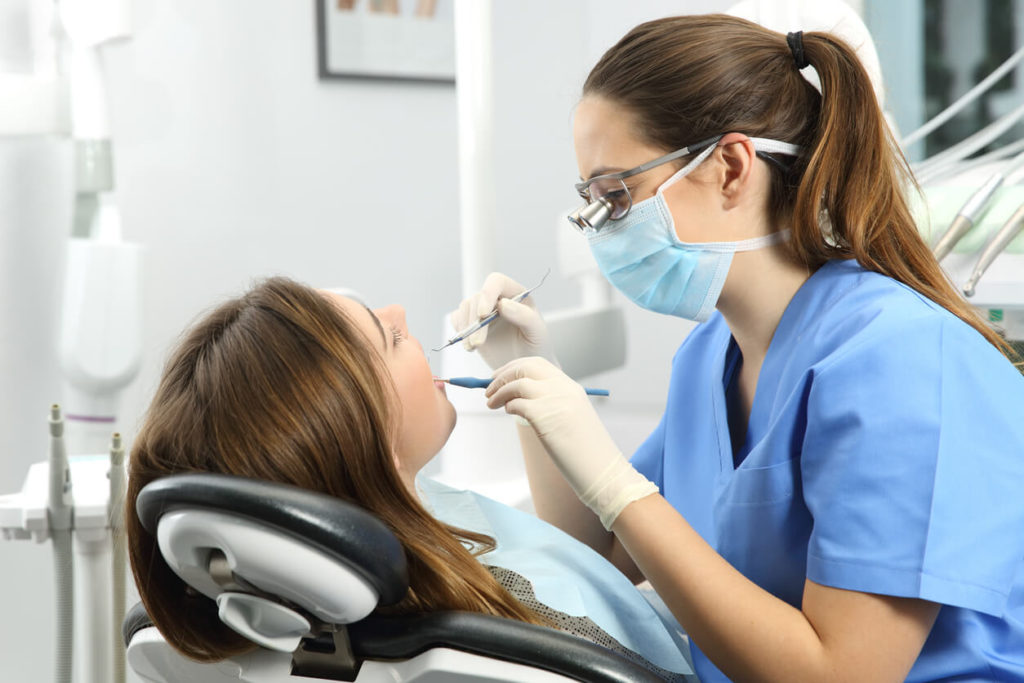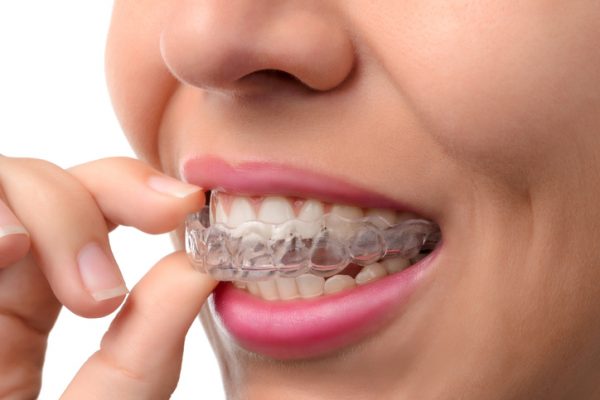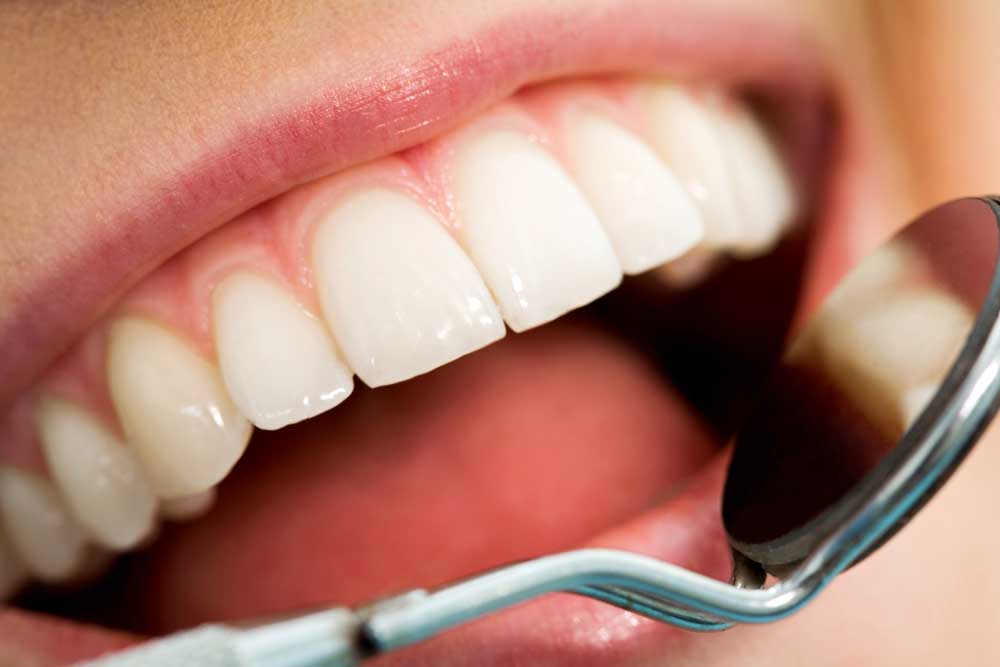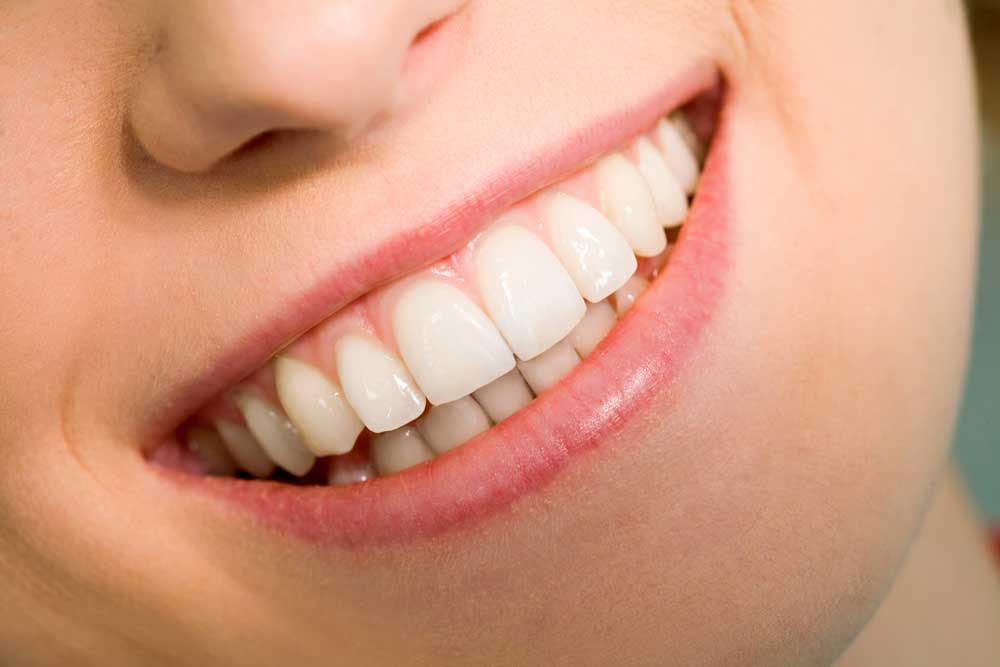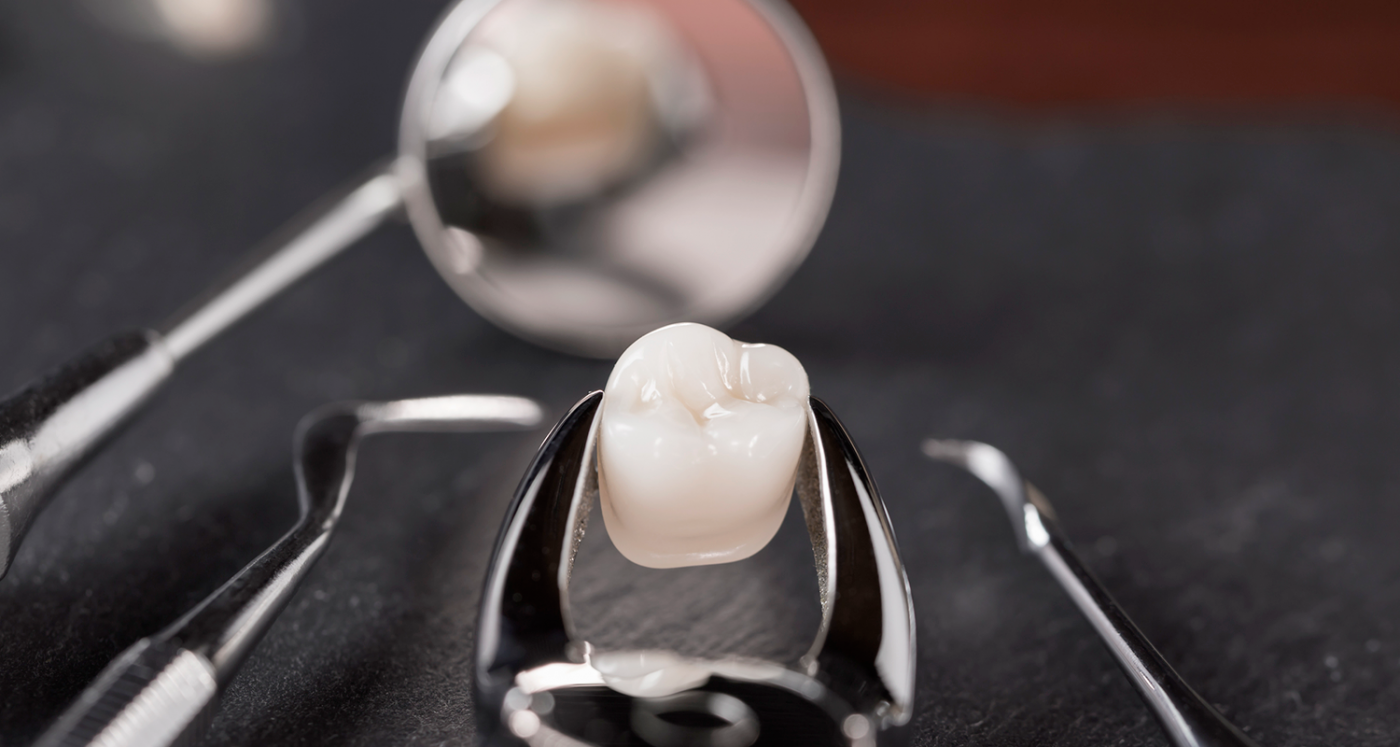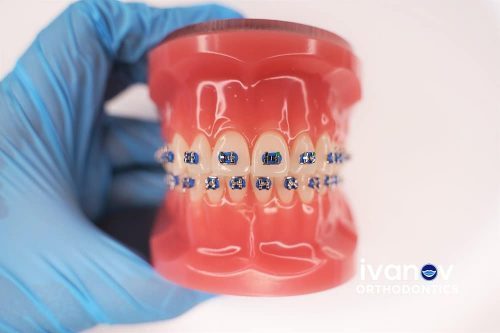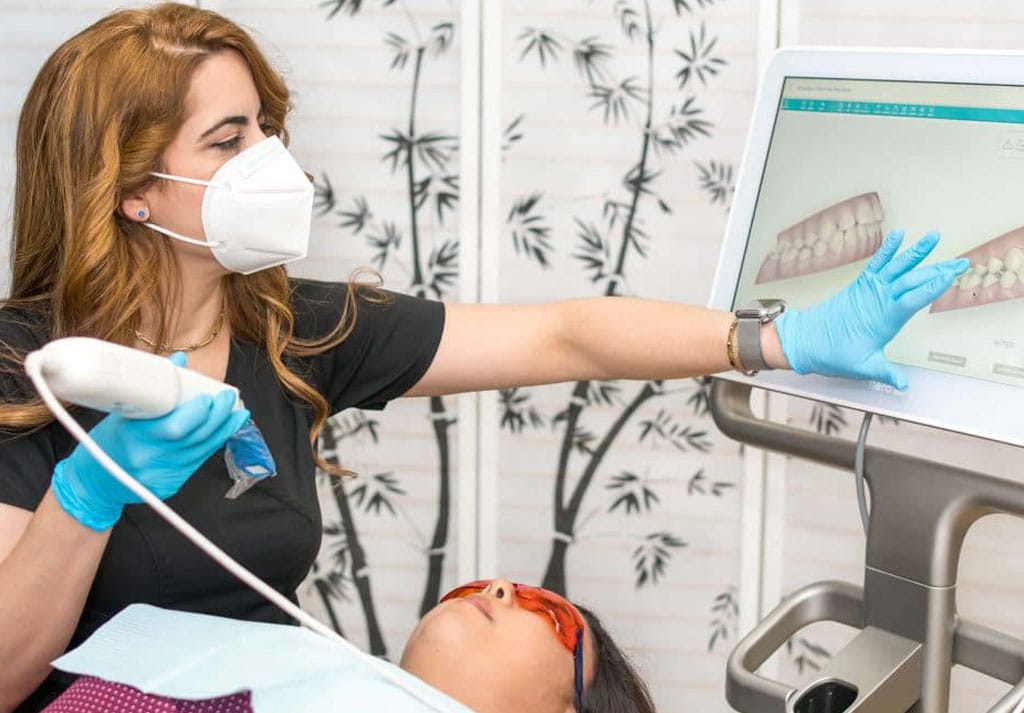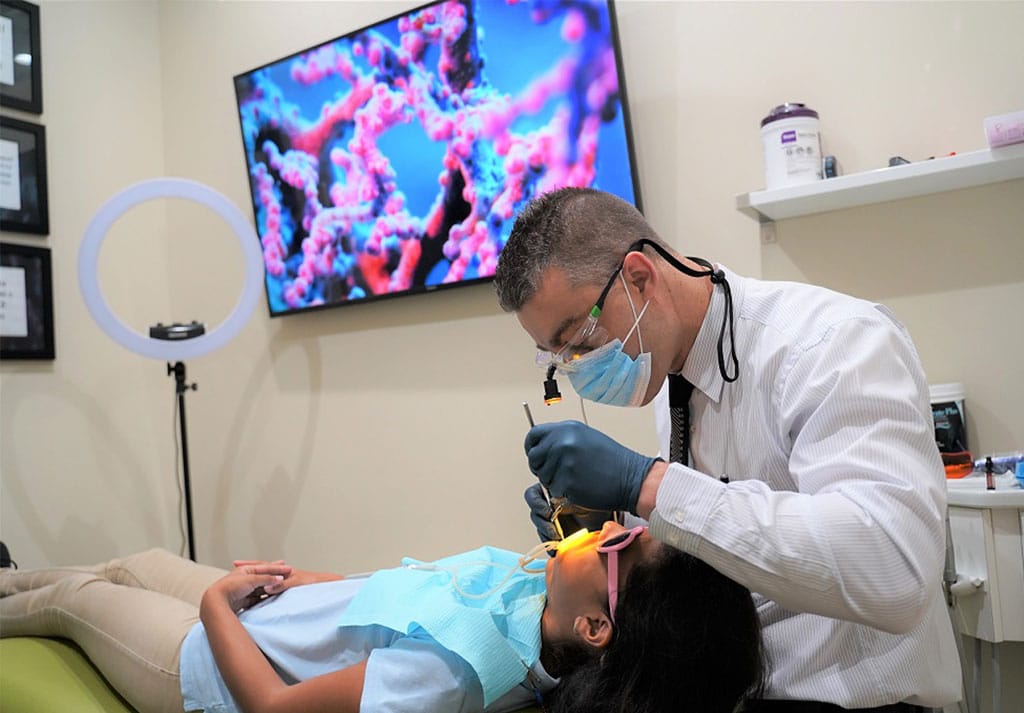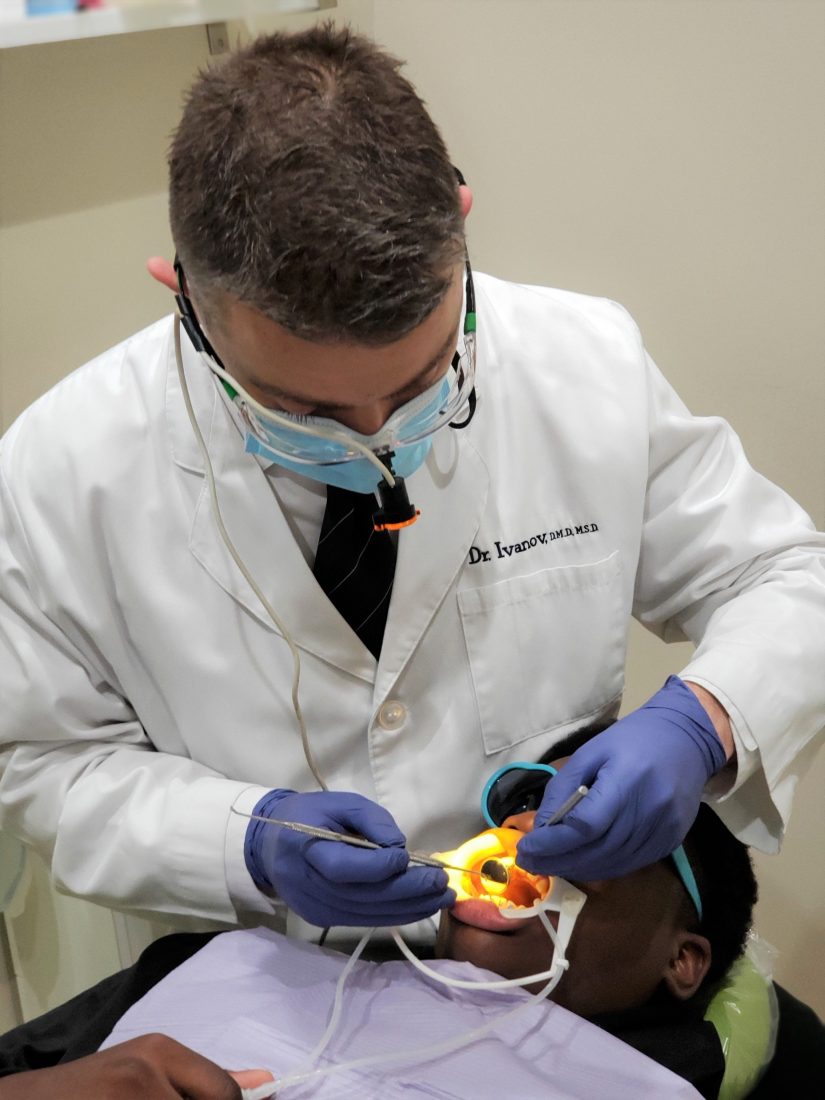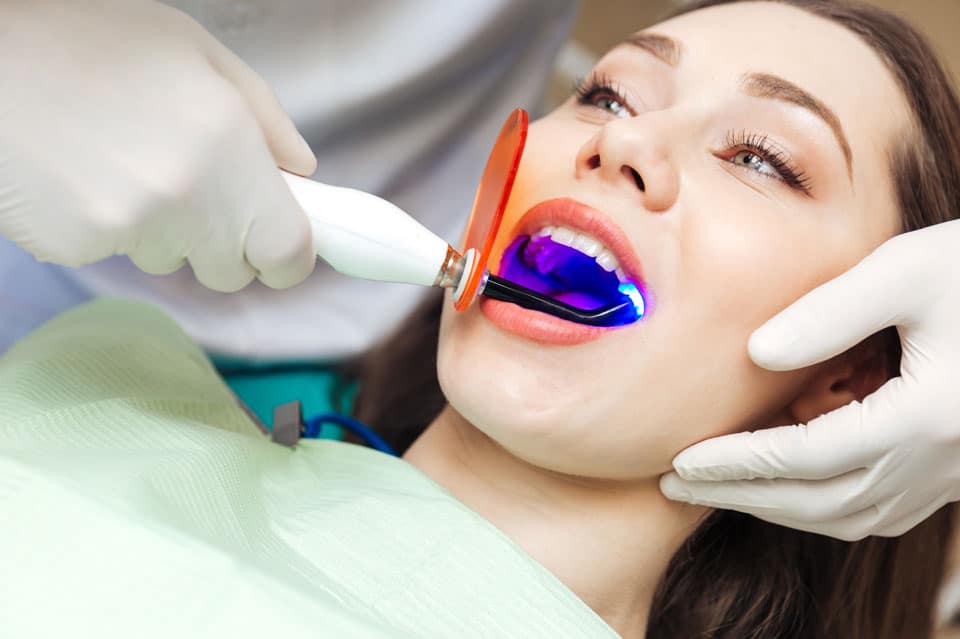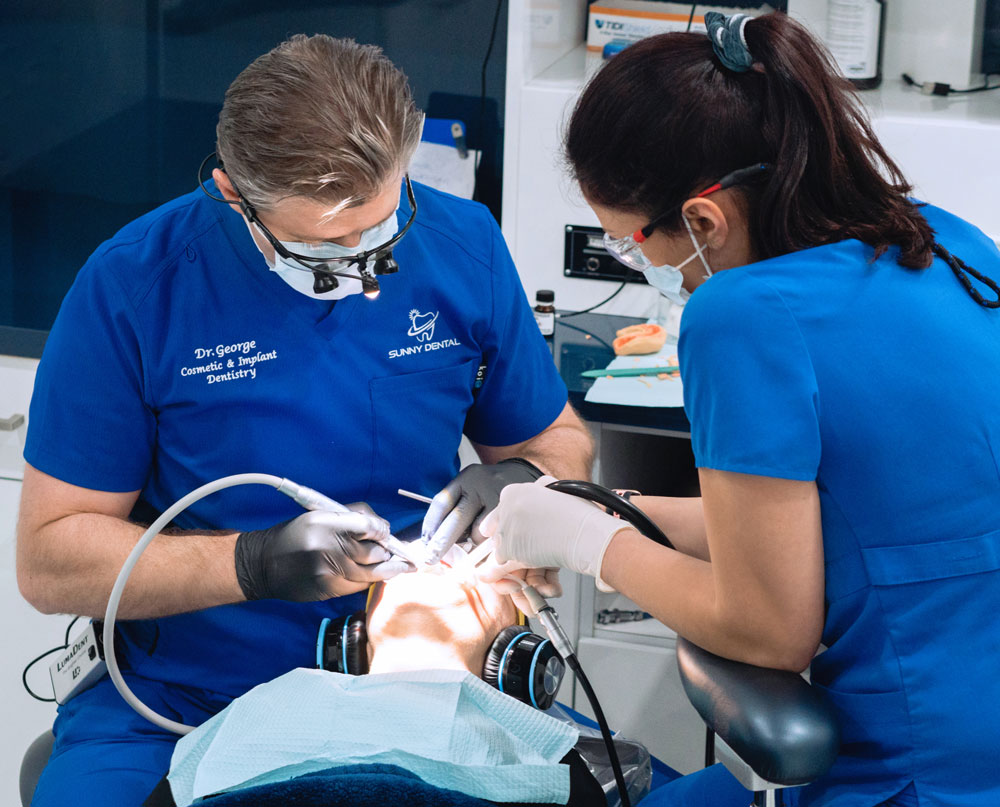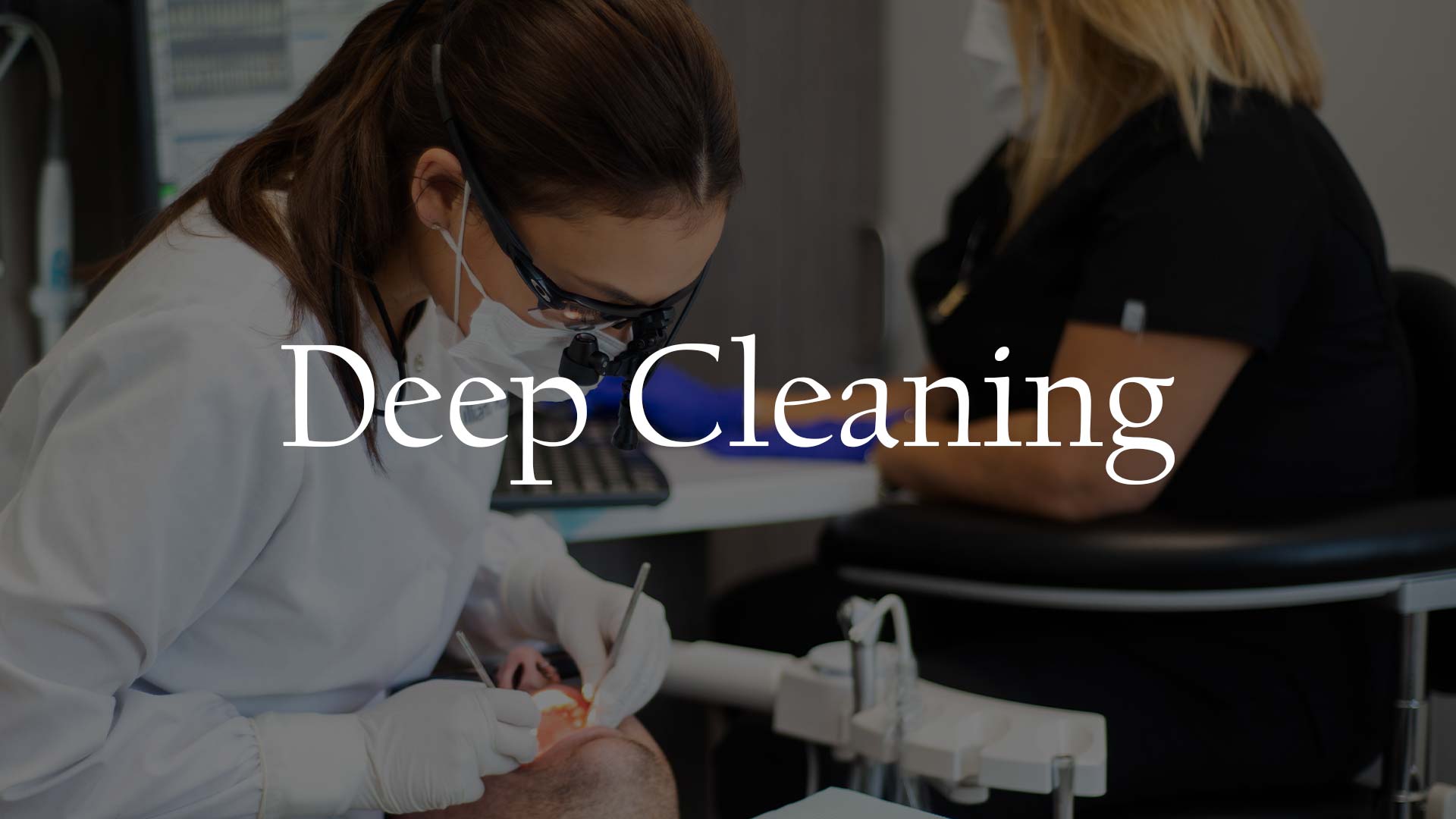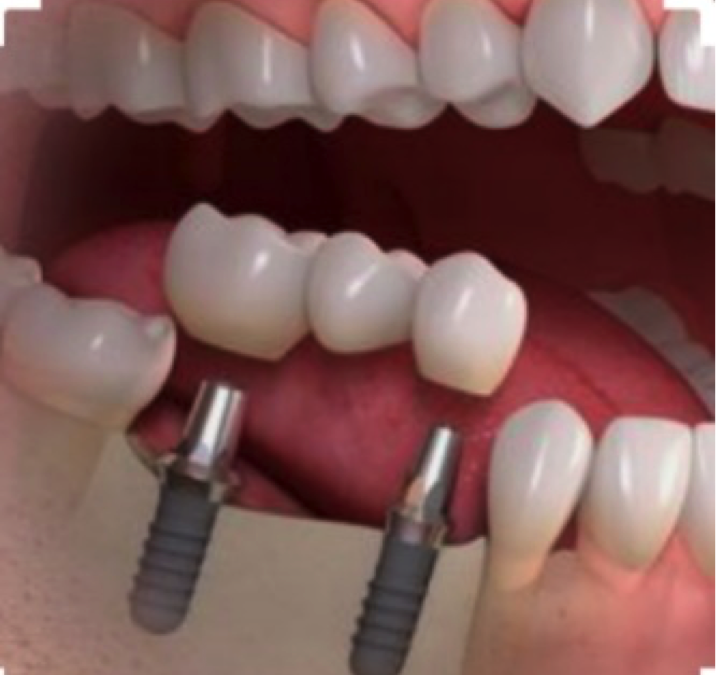Once bacteria enter the root of teeth, it can result in a pus buildup. An infection is an abscessed tooth, also known as a periapical abscess. These infections do not go entirely within their own, so see your dentist immediately if you suspect you have one. If a tooth abscess is left untreated, this can extend to your jaw and other head and neck parts.
This article has mentioned tooth abscess stages, signs, and home treatments to guide you through productive knowledge of dental abscess treatment.
A dental abscess is the most advanced stage of tooth decay. Here we have mentioned different gum abscess stages for your knowledge. Read through this article until the end to learn more about tooth abscesses.
1. Enamel Decay:
Damage to the last enamel of your teeth is the first stage(enamel). Plaque buildup on your teeth is a common cause of enamel decay. Many people may not show any signs or symptoms at all. Others may acquire stains on their teeth or feel tooth sensitivity.
2. Dentin Decay:
It will spread to your tooth's next layer when you don't cure tooth decay. Dentin is the second layer of tooth-colored yellowish. During this period, many people will notice an increase in tooth sensitivity. The tiny hole in your tooth will form further.
3. Pulp Decay:
At the deepest layer of your dentition is the soft inner pulp. Bacteria can harm the tooth's nerve if they reach this layer. This condition frequently results in excruciating dental pain. The nerve of the tooth eventually dies, causing an abscess to form.
4. Abscess Formation:
Once the bacteria has reached your pulp, it has the potential to grow farther into your gums and jaw bone. Your gums may swell, and a tiny bump may appear on your gums. The teeth, gums, and neighboring cells may experience pounding pain.
5. Serious Complications:
Untreated tooth abscess might cause severe symptoms. The following are the most common:
- Dental loss -
If you have severe tooth decay, your tooth may break or fall out.
- Sepsis –
Bacteria can enter your bloodstream and produce sepsis, a potentially fatal infection.
What are dental abscess symptoms?
The following are some of the indications and tooth abscess symptoms:
- A severe, throbbing toothache spreads to the jaws, neck, and ear.
- Sensitivity to extremes of heat and cold.
- Sensitivity to chewing or biting pressure.
- Fever
- It is swelling on the cheeks or face.
- Lymph nodes under your jaw or neck are sore and swollen.
How to drain a gum abscess at home?
A walk in dentist should treat a tooth abscess, but specific home remedies can help ease the pain produced by the infection. Along with prescribed treatment by a dentist, you can follow these home remedies.
- Rinse with a saline solution.
- Ibuprofen is an over-the-counter anti-inflammatory medication.
- Rinse with a solution with one part hydrogen peroxide (3%) and one part water.
- Rinse with 12 tablespoons baking soda, 12 cups water, and a teaspoon of salt.
- To relieve pain, apply an ice compress to the affected area.
Takeaways!
We hope you liked this article, and now you know about the tooth abscess stages and its abscess tooth symptoms. If you are one of the people experiencing sure signs of tooth abscess, it is essential to visit a dentist for treatment.
Article Source : https://www.healthandhealthytips.com/what-are-the-stages-of-gum-abscess/
